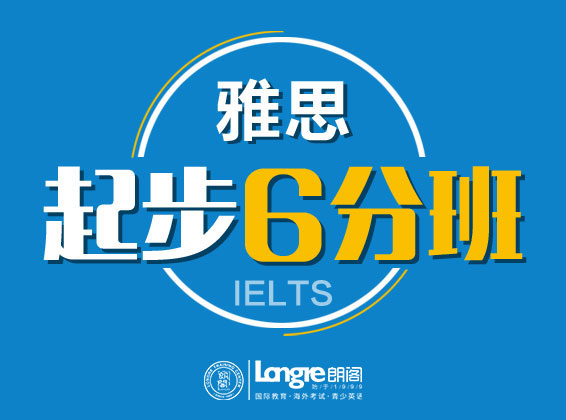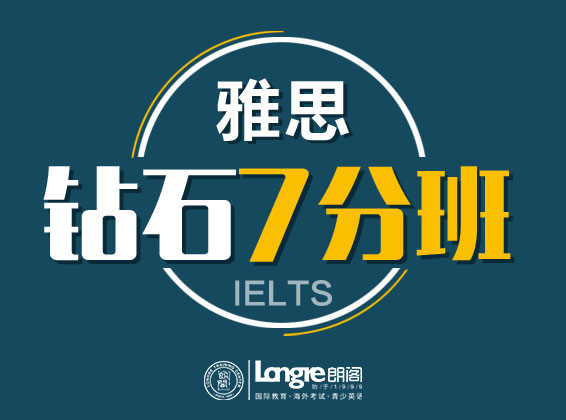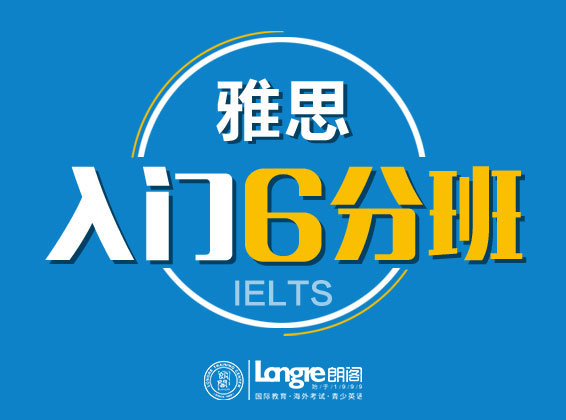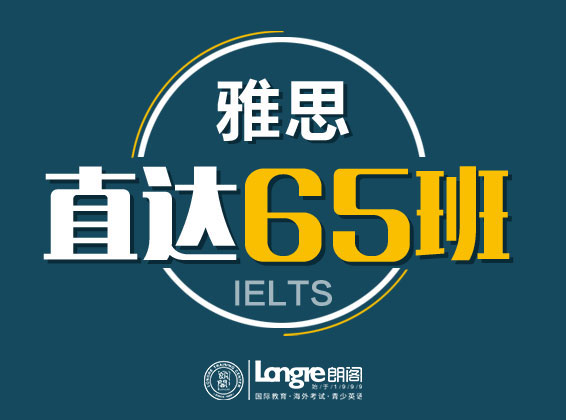|
GMAT例题一道 Sample Question When limitations were in effect on nuclear-arms testing, people tended to save more of their money, but when nuclear-arms testing increased, people tended to spend more of their money. The perceived threat of nuclear catastrophe, therefore, decreases the willingness of people to postpone consumption for the sake of saving money. The argument above assumes that: A. The perceived threat of nuclear catastrophe has increased over the years B. Most people supported the development of nuclear arms C. People’s perception of the threat of nuclear catastrophe depends on the amount of nuclear-arms testing being done D. The people who saved the most money when nuclear-arms testing was limited were the ones who supported such limitations E. There are more consumer goods available when nuclear-arms testing increaset 查看答案 On the basis of an observed correlation between arms testing and people’s tendency to save money, the argument concludes that there is a casual connection between a perception of threat and the tendency not to save. That connection cannot be made unless C, linking the perception of threat to the amount of testing being done, is assumed to be true. Therefore, C is the best answer. The conclusion does not depend on there having been an increase in the perceived thread over time or on how many people supported the development of nuclear arms. Hence, neither A nor B is assumed. Furthermore, the argument does not deal with those who supported arms limitations or with the availability of consumer goods. Thus, D and E are not assumed. (责任编辑:admin) |
文中图片素材来源网络,如有侵权请联系删除







